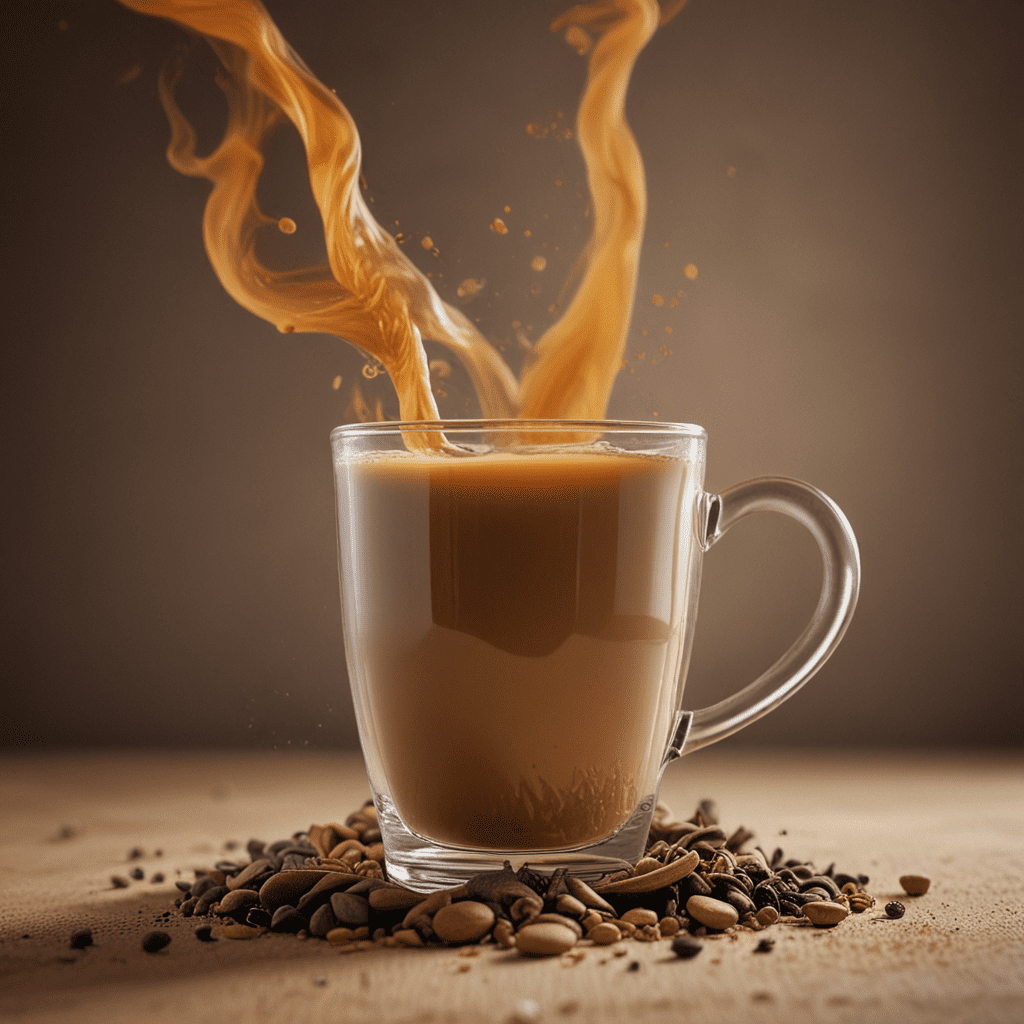
Why Does Green Tea Make My Mouth Dry?
The Science Behind Green Tea’s Mouth-Drying Effect
Green tea is widely known for its numerous health benefits, including its ability to boost metabolism, improve brain function, and lower the risk of various diseases. However, some individuals have reported experiencing dry mouth after consuming green tea. In this article, we will explore the reasons behind this phenomenon and delve into the science behind green tea’s mouth-drying effect.
Understanding Green Tea’s Composition
Before we unravel the mystery of why green tea may cause dry mouth, it is crucial to understand the composition of this popular beverage. Green tea is derived from the leaves of the Camellia sinensis plant. These leaves contain various compounds, including polyphenols, catechins, flavonoids, and caffeine.
The Role of Catechins in Dry Mouth
Catechins, a type of natural phenol and antioxidant found abundantly in green tea, have been linked to the mouth-drying effect. These compounds have astringent properties, which means they can cause a drying or tightening sensation in tissues.
Stimulation of Salivary Glands
When you consume green tea, the catechins present in the tea can stimulate the salivary glands. This stimulation can result in an initial increase in saliva production, leading to a moist sensation in your mouth. However, this initial increase can be followed by a decrease in saliva production, leaving your mouth feeling dry.
Presence of Tannins
In addition to catechins, green tea also contains tannins, which contribute to its astringent properties. Tannins are naturally occurring compounds found in various plants, including tea leaves. These compounds can bind with proteins in the saliva, causing a sensation of dryness in the mouth.
Dehydration and the Diuretic Effect
Another possibility for why green tea may make your mouth feel dry is its potential diuretic effect. Green tea contains caffeine, a natural stimulant that can increase urine production and potentially lead to mild dehydration. Dehydration can cause dryness in the mouth, as there may be insufficient water to keep the tissues moisturized.
Managing Dry Mouth from Green Tea Consumption
If you enjoy drinking green tea but find that it makes your mouth feel dry, there are a few steps you can take to mitigate this effect:
- Stay hydrated by drinking enough water throughout the day.
- Limit your green tea consumption to a moderate amount.
- Consider drinking green tea with a meal to help counteract its drying effect.
- Try adding a slice of lemon or a touch of honey to your green tea to enhance its flavor and potentially reduce the mouth-drying sensation.
Frequently Asked Questions
1. Is green tea the only beverage that can cause dry mouth?
No, there are other beverages, such as red wine and coffee, that can also cause dry mouth due to similar astringent properties and potential dehydration effects.
2. Can green tea consumption lead to chronic dry mouth?
For most people, occasional green tea consumption is unlikely to lead to chronic dry mouth. However, if you frequently experience dry mouth after consuming green tea or have pre-existing dry mouth conditions, it is advisable to consult with a healthcare professional.
3. Are there any other side effects of drinking green tea?
While green tea is generally safe to consume, excessive consumption may lead to side effects such as caffeine sensitivity, upset stomach, or sleep disturbances. It is always recommended to consume green tea in moderation.


